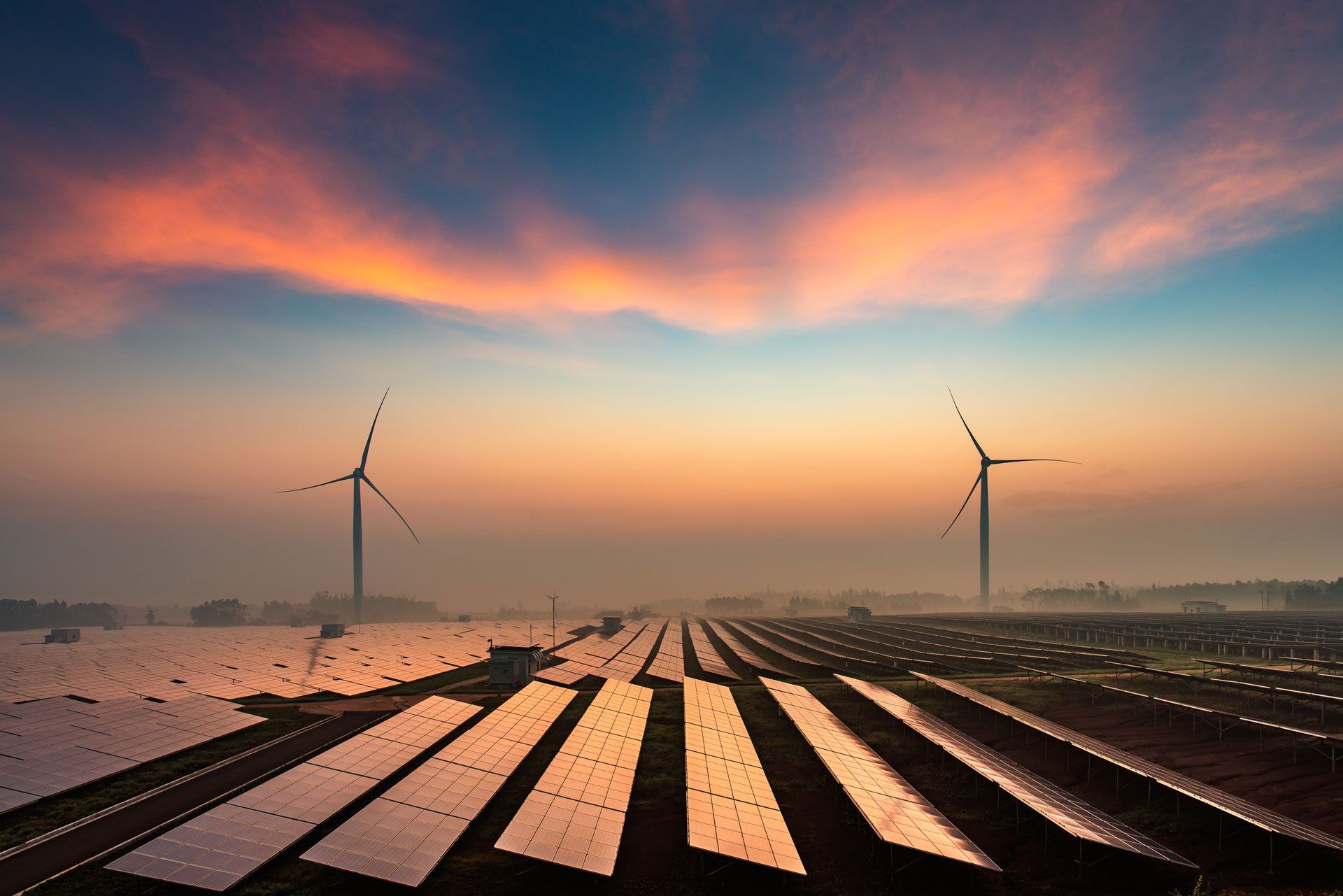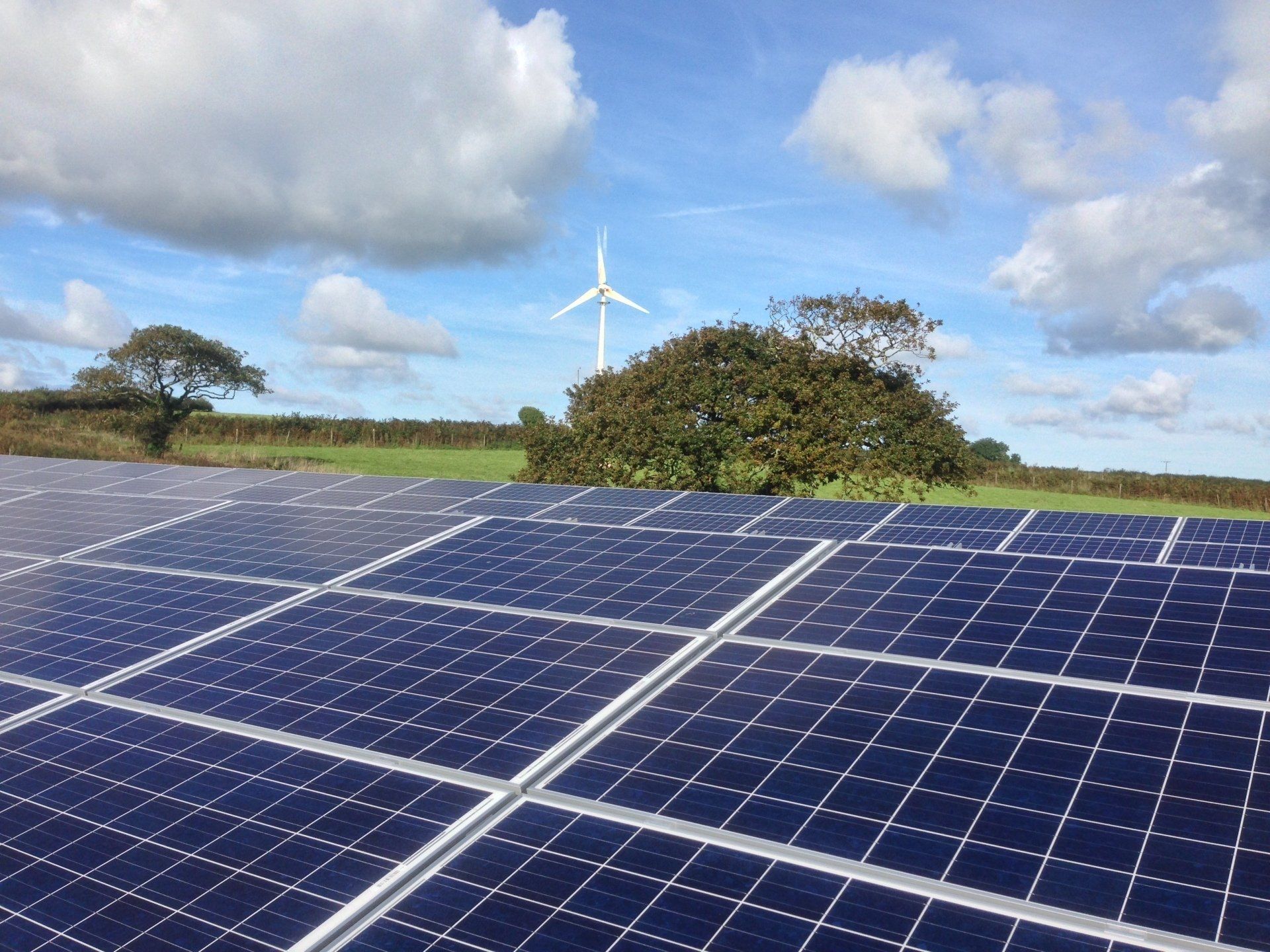What Exactly is Green Energy, and where does it come from
F&S Energy • 13 June 2019
Green Electricity: What is it and how buying renewable power really works
Increasing awareness of the importance of sustainability and the preservation of natural resources has led consumers to seek ways to reduce their carbon footprint. One of the easiest and most effective ways to do this is by switching to a green energy supply offering. Consumers wishing to support the environment through their choice of electricity supply need access to reliable, verifiable information about the nature of green supply offerings on the market in order to make informed and appropriate choices.
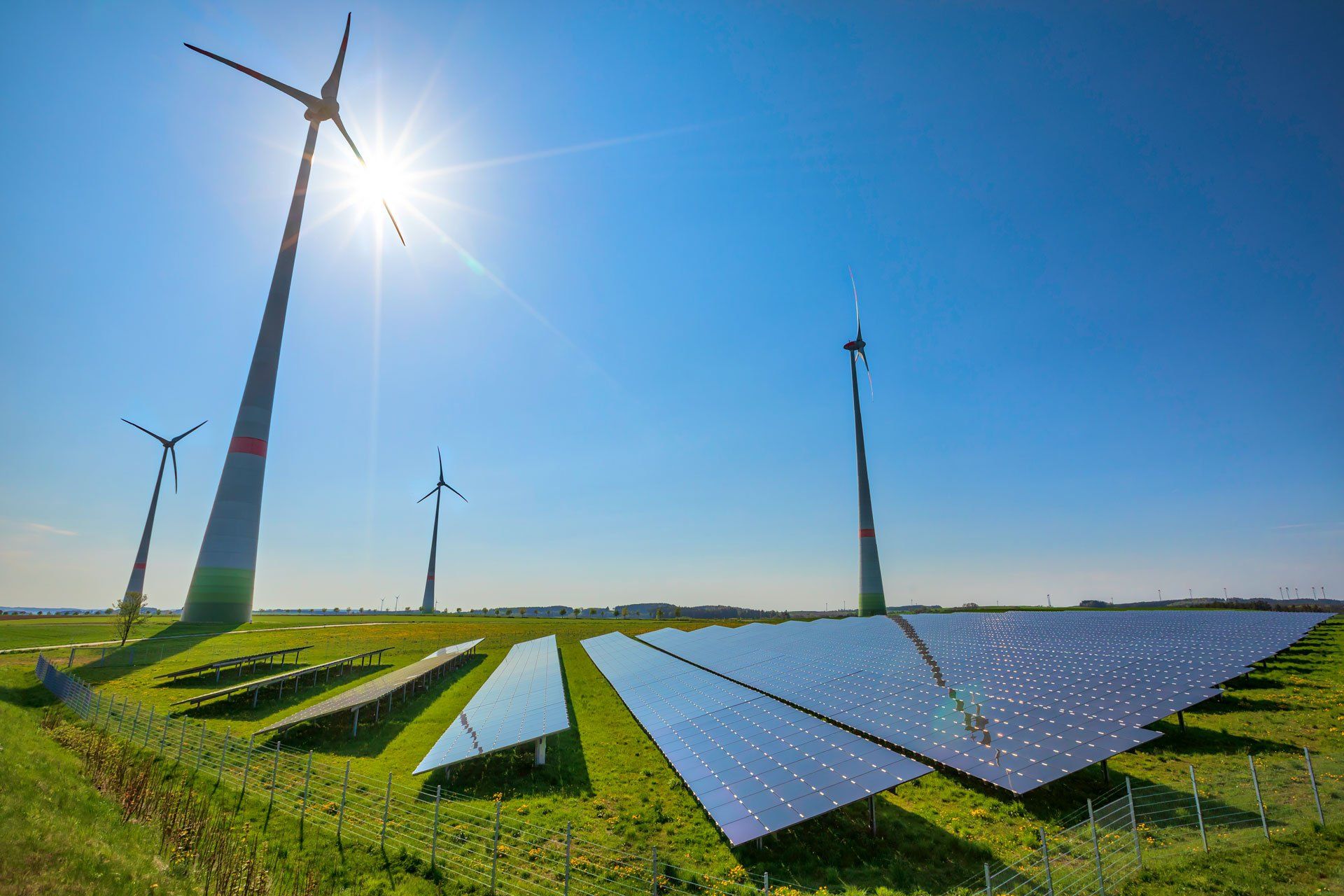
Green energy definitions
- ‘Green supply offering’ refers to any contractual arrangement between an electricity supplier and a consumer where it is claimed that the supply will give rise to environmental benefit. These arrangements are variously described elsewhere as ‘green power’, ‘green offerings’ and ‘green tariffs’.
- ‘Energy-based green offering’ refers to supply contracts where there is a direct relationship between energy supplied and the purchase of energy by the supplier; e.g. the supplier undertakes to match all or a fixed percentage of a consumer’s energy supply with purchases of electricity from renewable sources.
Ofgem’s publication focuses on domestic supply and states that its purpose is not to set a strict definition for what constitutes ‘green energy’, but it is helpful to use these definitions to achieve some general consistency. In the UK green offerings focus on technologies that use renewable energy and minimise, or entirely avoid, emissions of greenhouse gases. The Utilities Act 2000 defines renewable sources as ‘sources of energy other than fossil fuel or nuclear fuel.’
The five main types of renewal energy technologies include:
- onshore and offshore wind power;
- water (hydro power, wave power and tidal energy);
- solar energy (both active and passive solar heating as well as photovoltaics);
- geothermal energy;
- biofuels (e.g. all types of biomass, including the biodegradable fraction of energy from waste, landfill gas, sewage gas, agricultural and forestry residues, and energy crops).
The largest electricity suppliers buy electricity generated by a mix of sources from the wholesale market to sell to their consumers. As awareness of environmental issues increases, smaller companies offering renewable electricity are becoming increasingly popular. However, their customers cannot simply be connected directly to a renewable power generator for their energy. None of the suppliers are able to precisely control the megawatts used by their consumers.
With the exception of off-grid installations such as private solar panels on buildings, all the electricity generated by the different sources around the UK goes into the transmission system run by National Grid and local distribution network operators. So, megawatts generated by wind turbines get mixed with those generated by coal power stations, and the electricity entering buildings around the country comes from a mix of sources. However, each consumer’s choice of electricity supplier impacts on the overall mix of electricity in the transmission system.
Renewable suppliers match the amount of electricity their consumers use with the amount they buy from renewable sources; therefore, the more homes and businesses who switch to renewable suppliers, the higher the percentage of renewable energy in the National Grid system. The higher the percentage of renewable energy in the system, the closer we are to achieving a low-carbon economy.
Fuel mix disclosure and Renewable Energy Guarantees of Origin (REGOs)
In 2005, Ofgem introduced a requirement on all electricity suppliers in Great Britain to disclose the mix of fuels used to generate the electricity they supply - coal, gas, nuclear, renewable and other - to current and potential customers. Suppliers that source renewable electricity must hold evidence proving their purchase of the renewable energy. (The Electricity (Fuel Mix Disclosure) Regulations 2005).
Renewable Energy Guarantees of Origin (REGOs) are certificates issued by Ofgem; they are granted when a renewable energy installation is accredited with Ofgem through their Renewables and CHP Register, and provide certification that the energy being supplied has been generated from a renewable source. One REGO certificate is issued to generators of renewable energy per megawatt hour (MWh) of eligible renewable output. REGOs can be used as evidence for suppliers’ Fuel Mix Disclosure. All electricity suppliers should have a fuel mix disclosure on their website, showing where their power comes from.
At F&S Energy, we purchase all of our power directly from UK based renewable generators who pass their REGO certificates to us. We match your company’s consumption with this 100% REGO-backed renewable energy, helping you to demonstrate your company’s commitment to environmentally friendly practices and to reach your low carbon goals.
Greenwashing: Buying REGOS
Greenwashing refers to the practice of making misleading claims about the environmental benefits of a product, service, or company practice, usually with the intention of making a company seem more environmentally friendly than they really are. Companies can use false advertising and loopholes to falsely claim that they supply 100% renewable electricity.
Some companies will source REGOs without actually purchasing the renewable electricity related to them, by simply buying surplus REGOs from suppliers who have already supplied their customers and no longer need them, or they buy REGO equivalents which are accepted by Ofgem from overseas. Suppliers that do this may not actually have any contracts in place with renewable generators, but will still claim that the energy they supply is renewable. F&S Energy vehemently condemns this practice as it damages the potential of green supply offerings to bring about environmental improvement and exploits the customers who have made ethical choices. This is why we buy our energy directly from renewable generators within the UK, and our REGOs are genuine and traded with the renewable energy they relate to.
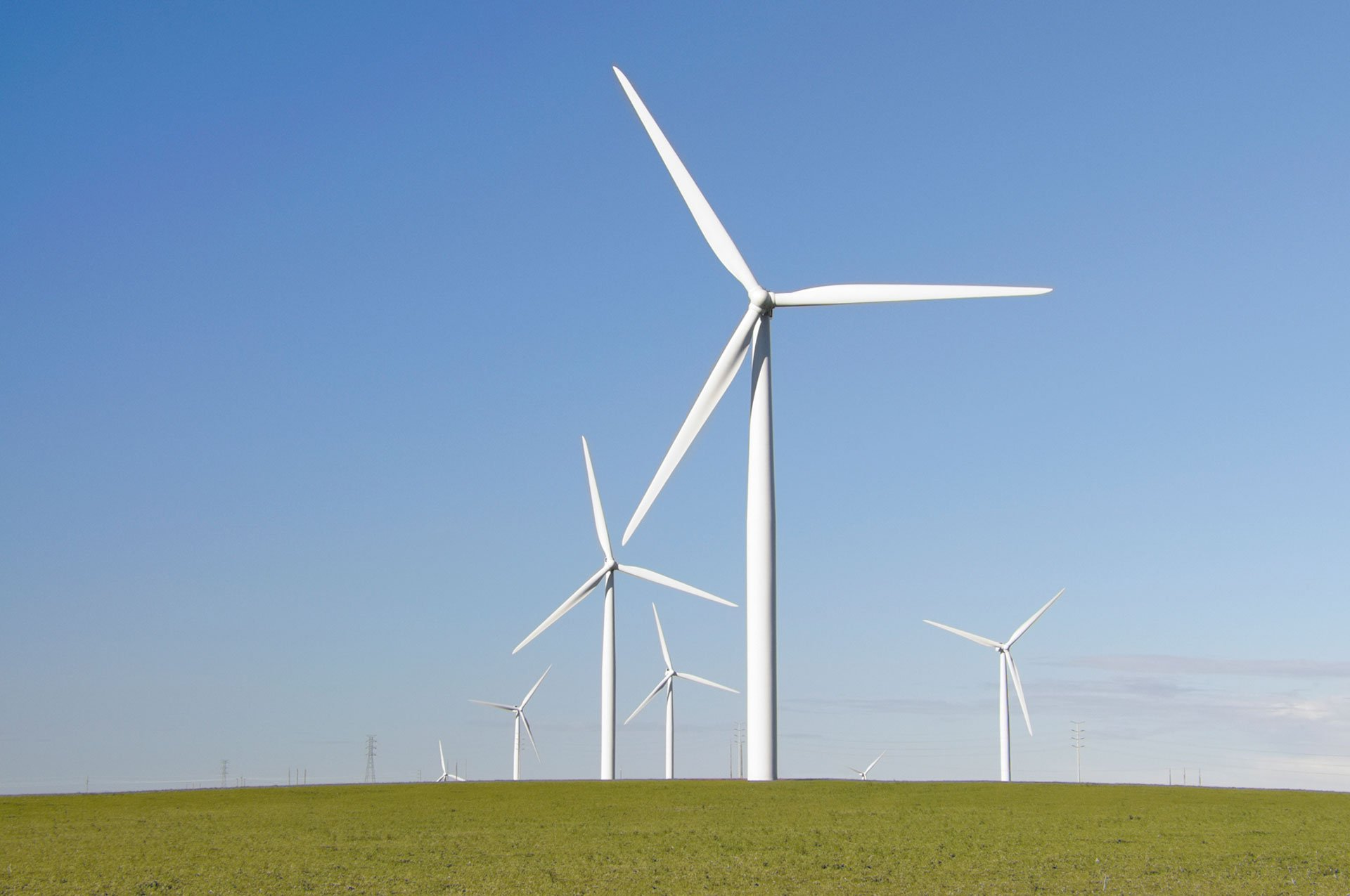
F&S Energy, a leading independent PPA (Power Purchase Agreement) provider in the United Kingdom, have secured a deal with Limejump Energy to buy the small-scale PPA portfolio which includes all renewable generators that are generating under 50GWh per annum, and the associated import customers. Moving customers over to F&S Energy began on May 1, 2024. To make the transition as smooth as possible, previously agreed rates will be honoured for a full year before reverting to F&S rates. F&S Energy purchases power from renewable generators throughout the UK, offering market leading rates and top levels of customer service for all of their clients. They sell the power they purchase on to business customers in the industrial and commercial sector. F&S Energy has released the following statement: “We are thrilled to take on small-scale customers from Limejump Energy into our portfolio. We thank all members of staff at Limejump Energy, and our team, for their efforts in ensuring a smooth transition of customers. We are appreciative of Ofgem for recognising F&S Energy as a reliable financial party, for generation customers, after successful completion of their trade sale compliance assessment further strengthening our position as a leading UK PPA provider.”

The Accelerated Loss of Mains Change Programme is an industry wide project that is taking place throughout the UK, being run by the National Grid and Distributors. The focus of this programme is to upgrade or replace embedded generation assets where possible. These new requirements will improve long-term energy network stability and prevent any embedded generators from being cut off. If your generator is between 11kW and 50MW and was installed before February 2018, you may have a type of loss of mains protection that is more sensitive and may cause them to unnecessarily trip. Funding is now available to upgrade your generator to help deliver a zero-carbon electricity grid through the ALoMCP. By applying for this, you could potentially claim thousands of pounds to help make mandatory Loss of Mains protection changes for your sites. Funding will reduce in Spring in 2022 and the final deadline to apply is 10th May 2022, otherwise generators could be subject to an enforcement programme. Please follow https://www.ena-eng.org/ALoMCP/ to apply for funding. Alternatively you can contact your Distributor as they will have an allocated team to give you a hand. If you need any help finding out who your distributor is, please give us a call on 01245 690151 or email us at info@fs-energy.co.uk .
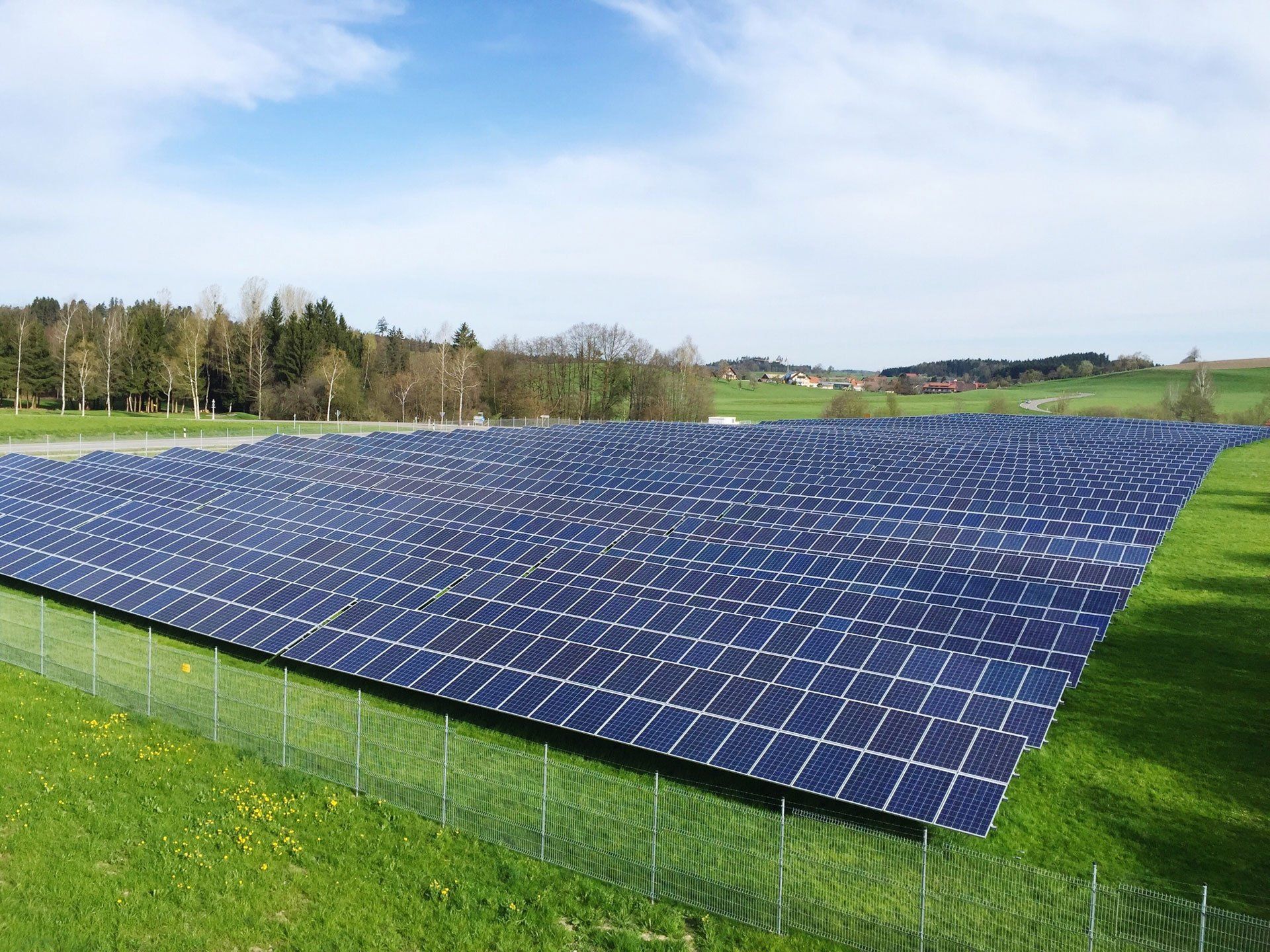
F&S Energy has teamed up with leading solar PV optimising and monitoring company, HIT Energy Services. It will mean their hundreds of customers will get market-leading rates for the excess electricity they produce, with this green energy then helping to power the businesses we supply around the U.K. The UK-based company work with farmers, agricultural firms and landowners on existing systems to carry out a health check and monitor the systems using their award-winning platform. F&S Energy has provided a route to allow this green energy to be passed on to other environmentally-conscious businesses, with everyone benefitting. “Because of the rise in energy prices, what is produced from solar is more valuable than ever,” said Simon Hopkins of HIT Energy Services. “We have been keen to help our clients make the most from what they produce and do not use in their business operations. This new partnership is perfect as F&S Energy understands the renewables sector and is as passionate as us about helping people live greener lives.” F&S Energy managing director Steven Funnell said: “At F&S we have always taken the approach of doing the right thing by our customers and letting our reputation do our marketing for us. We see HIT as a perfect match to partner up with and to offer their services to our customers.” HIT Energy Services’ work has been recognised with a string of accolades - at Lamma 2020, the company scooped the online innovation award, while it also beat hundreds of other products to be ranked seventh in the Midlands Tech 50 list. Now, the innovations its engineers have created to make solar a reliable source of power are set to benefit many more businesses. Simon added: “We have been keen for our industry to help out in this time of crisis, while also providing a boost to the sector. Our link-up with F&S Energy will mean everyone benefits, from the Solar PV owner to the businesses being powered by cheaper, greener energy

Peer-to-peer trading not only allows consumers to know exactly where their power is coming from and the confidence to know that they are truly being supplied from a renewable source. But also provides a financial benefit for both electricity consumers and the generators through a discount on industry costs

F&S Energy, a leading independent PPA provider and FIT licensee, have secured a deal with Bristol Energy to purchase the entire renewable energy generator portfolio (PPA contracts), along with Bristol Energy’s commercial FIT customers and the transfer of 1 staff member. Earlier this year Bristol City Council announced its intention to put Bristol Energy up for sale, and over the past few months Bristol Energy have been working in the background to find the best placed homes for their customers and contracts. Previously it was announced that the business customers would be moved to Yu Energy and the domestic customers will be transferred over to Together Energy. Concurrently to this, the deal to place the PPA portfolio was agreed with F&S Energy with the contracts being novated on the 1st of October. The combined contracted capacity moving to F&S is circa 91MW. F&S Energy purchase power from renewable generators throughout the UK, offering market leading rates and top levels of customer service for all of their clients. They sell the power they purchase on to business customers, providing each customer with 100% true renewable power sourced from local generators at prices that beat traditional suppliers. Quote from Steven Funnell MD F&S Energy: “We are very pleased that Bristol City Council chose to move Bristol Energy's renewable generator portfolio over to F&S Energy. We welcome these new customers and will continue to give them the excellent customer service that our existing customers have become used to.”
